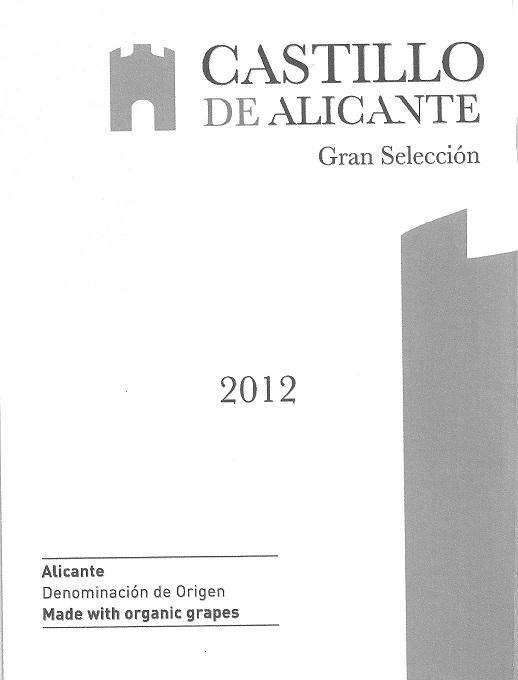2012 Alicante Red Blend
Castillo De Alicante Gran Selección is a captivating red blend from the renowned Alicante region, showcasing the exquisite character of its vintage in two thousand twelve. This wine reveals a deep red hue that entices the eye, hinting at the rich flavors that await. On the palate, it envelops the senses with a full-bodied profile, exhibiting bright acidity that invigorates and refreshes. The fruit intensity is prominent, showcasing ripe red fruits that mingle harmoniously with complex notes of spice and earthiness. Tannins are firmly structured, providing a delightful backbone that enhances the wine’s overall elegance. As a dry selection, this blend offers a well-rounded and engaging experience, making it a fantastic choice for pairing with hearty dishes or enjoying on its own.
Castillo De Alicante Gran Selección is a captivating red blend from the renowned Alicante region, showcasing the exquisite character of its vintage in two thousand twelve. This wine reveals a deep red hue that entices the eye, hinting at the rich flavors that await. On the palate, it envelops the senses with a full-bodied profile, exhibiting bright acidity that invigorates and refreshes. The fruit intensity is prominent, showcasing ripe red fruits that mingle harmoniously with complex notes of spice and earthiness. Tannins are firmly structured, providing a delightful backbone that enhances the wine’s overall elegance. As a dry selection, this blend offers a well-rounded and engaging experience, making it a fantastic choice for pairing with hearty dishes or enjoying on its own.




